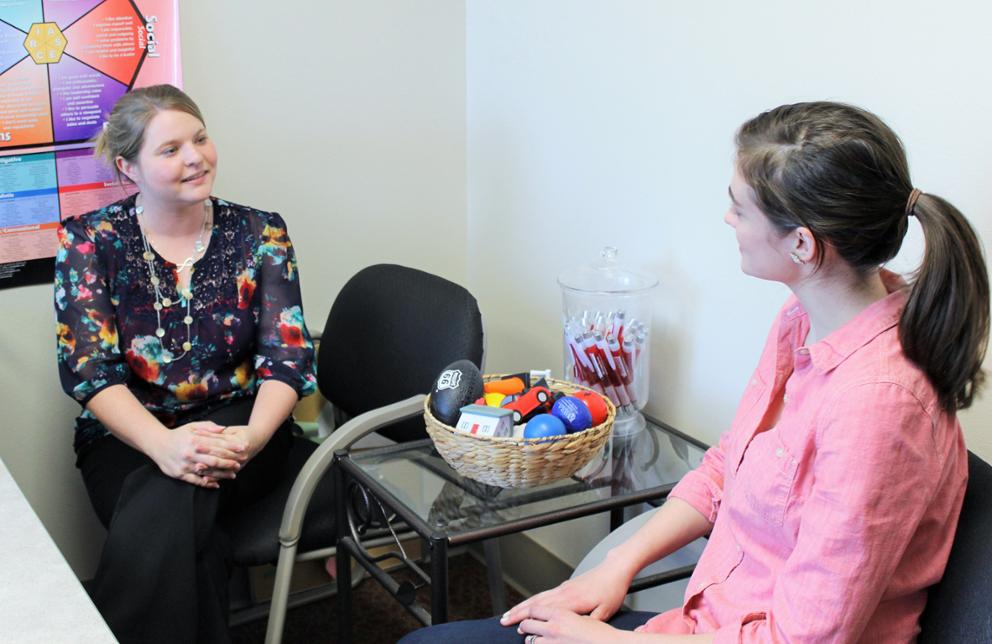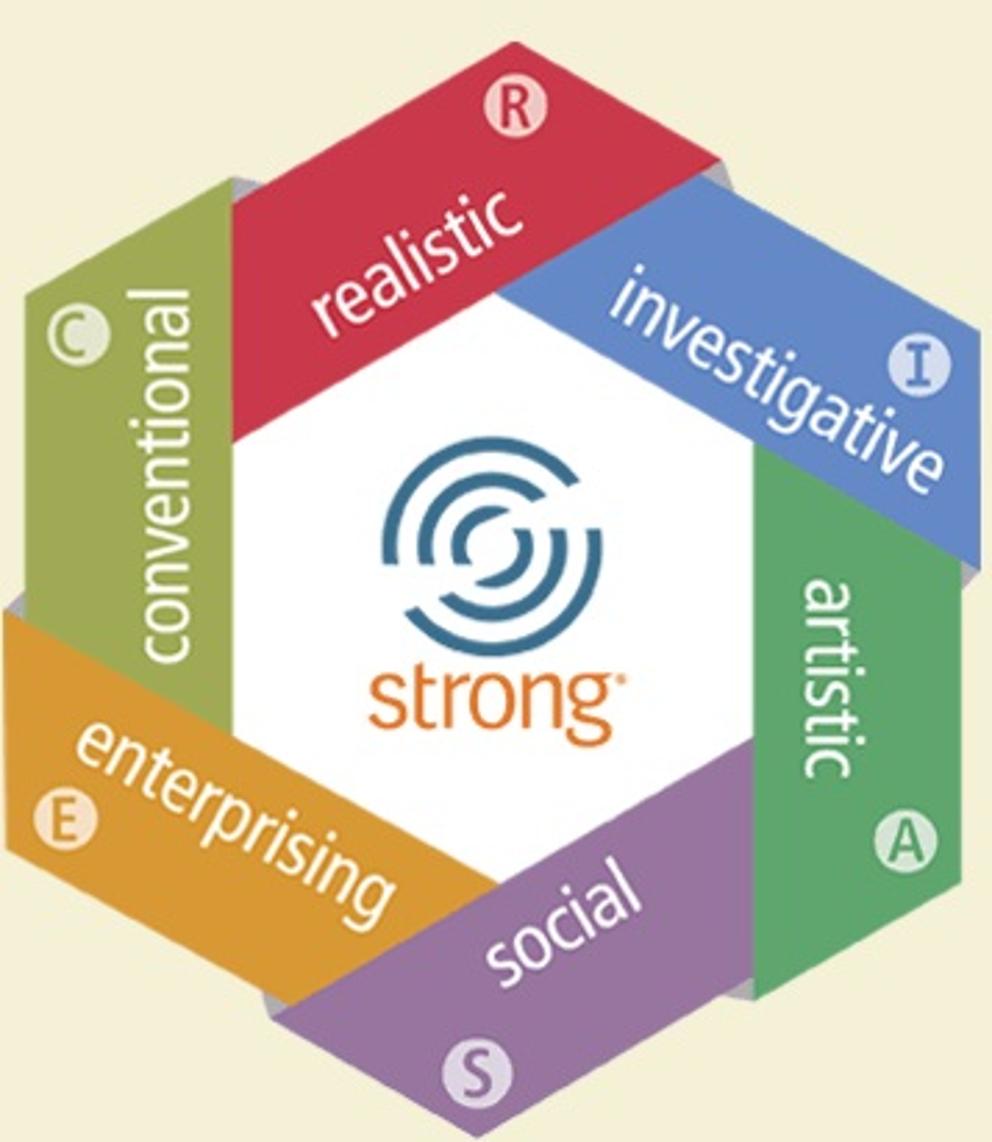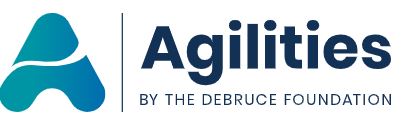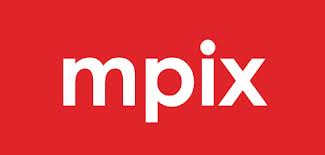Career Counseling
What is Career Counseling?
Your career development is a lifelong process that, whether you know it or not, actually started when you were born! There are a number of factors that influence your career development, including your interests, abilities, values, personality, background, and circumstances. Career Counseling is a process that will help you to know and understand yourself and the world of work in order to make career, educational, and life decisions.
Career development is more than just deciding on a major and what job you want to get when you graduate. It really is a lifelong process, meaning that throughout your life you will change, situations will change, and you will continually have to make career and life decisions. The goal of Career Counseling is to not only help you make the decisions you need to make now, but to give you the knowledge and skills you need to make future career and life decisions.

What can I expect?
Your Career Counselor will:
- Help you figure out who you are and what you want out of your education, your career, and your life.
- Be someone for you to talk to about your thoughts, ideas, feelings, and concerns about your career and educational choices, who will help you sort out, organize, and make sense of your thoughts and feelings.
- Help you identify the factors influencing your career development, and help you assess your interests, abilities, and values.
- Help you locate resources and sources of career information.
- Help you to determine next steps and develop a plan to achieve your goals.
Your Career Counselor won't:
- Tell you what to do, or tell you what you should major in, or what career you should pursue.
Who needs Career Counseling?
Since career development is a lifelong process, Career Counseling can be appropriate for anyone, including freshmen, sophomores, juniors, seniors, and even alumni. The earlier you get started making intentional decisions about your future, however, the better prepared you will be! We recommend that all freshmen come in and visit with a Career Counselor.
Below are some examples of concerns that bring students to Career Counseling:
Are you asking yourself any of the following?
- “I have no idea what I want to do with my life.”
- “I don’t know what to major in.”
- “I’ve narrowed it down to a couple career options, but I’m having a hard time choosing between them.”
- “I know what I want to major in, but I have no idea what I want to do once I graduate.”
- “I know what I want to do, but I’m not sure what the best major would be."
- “I want to know what kinds of jobs I can get with my major.”
- “I don’t feel like I know enough about all the different careers out there to know what I want to do.”
- “I like a lot of different subjects, and I keep changing my major because I’m not sure which one is the best for me!”
- “I don’t like any of my classes and none of the majors seem really appealing to me.”
- “I have a lot of work experience and I want to find a new career path that will build on the skills I already have.”
- “I was planning on going into the _______ program, but I applied and didn’t get in. What do I do now?”
- “I always thought I wanted to be a _______, but I got into my major and I really don’t like it!”
- “I really like my major, but it’s not what I want to do for my career.”
- “I know what type of work I’d like to do, but I’m afraid I won’t be able to make enough money doing it.”
- “My family really wants me to be a _______, but I’m not sure if that’s really what I want.”
- “I’ve always planned on being a _______, but I’m wondering if it’s only because that’s all I know.”
- “I want to find a field to go into where there will always be plenty of jobs.”
- “I want to find a career that will allow me to provide significant financial support for my family.”
- “I’m working towards my career, but I think I might just really want to be a stay-at-home parent.”
- “I’ve always planned to stay in Boise, but to do what I’d like to do I’d have to move.”
- “I can’t find a job, so I’m thinking about going to grad school.”
Career Assessments

Based on the Myers Briggs Type Indicator, the TruTalent™ Personality assessment is a personality test that related you to the world of work and study.
A four letter code describing how you operate best will give you insight into specific fields of study and how you will get the most out of college. The AchieveWORKS™ Personality assessment also allows you to see what work environment may best suit your personality.
This assessment is free and can be accessed at any time from any computer. However, you will not be able to view your full results unless they are unlocked by an instructor or you have an appointment with a career counselor.
For students who have already completed the assessment
and are returning to their account:
LOG IN and enter your email address password.
For FIRST TIME users, you will need to create an account.
Once you are at this LOG IN page, Click on "Enter Access Key" and
enter Pitt State's unique access code: W9FLMCG
You will then be asked to create your account and password.
*To view your results, you must make an appointment with a career counselor, by calling 620-235-4145.

With the highly reliable Strong Interest Inventory® assessment, we can help students discover their interests, preferences, and personal styles-exactly the information you need to select classes or choose a career that you can be passionate about. This assessment costs $10.00
Click here to take the Strong Interest Inventory
*To view your results, you must make an appointment with a career counselor, by calling 620-235-4145.
Taking into account both your interests and abilities, The DeBruce Foundation’s free career assessment tool – the Agile Work Profiler (AWP) – gives you a ranked set of “Agilities,” which are universal to all occupations. With the knowledge of your Agilities, you can better explore the careers in which you are most interested, learn how much training and education is required, find out how much they typically pay, and discover other careers that could also be a good fit.





